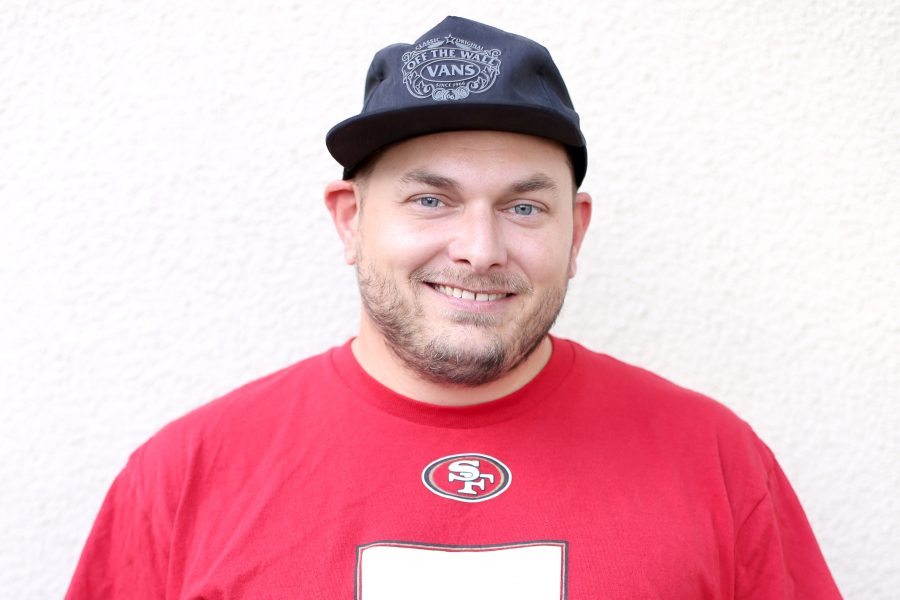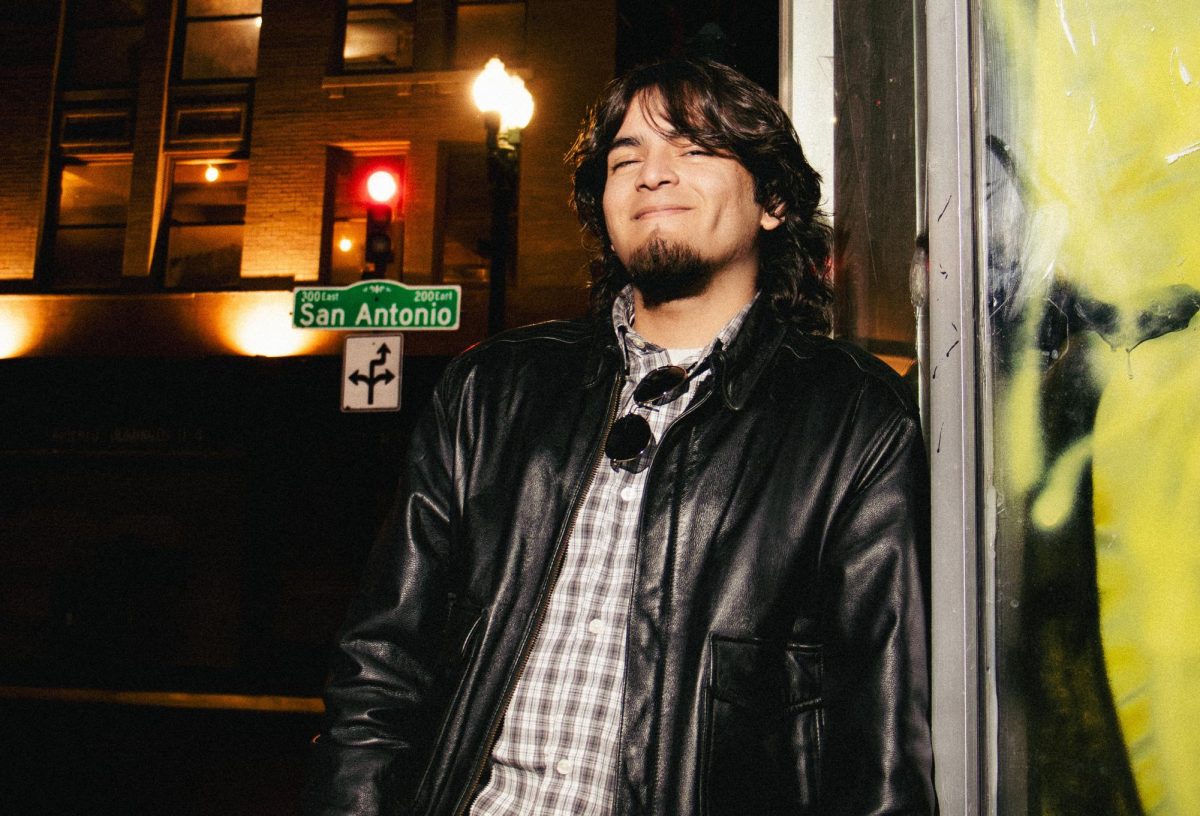Former UTEP student Michael Karpus pled guilty recently to charges relating to a gambling ring, which he ran while enrolled at the university. According to court documents, the gambling ring allegedly involved former UTEP basketball players McKenzie Moore, Jalen Ragland and Justin Crosgile—who were dismissed from the team in January 2014 when their alleged involvement was uncovered.
This type of scandal is the exact reason that most major sport leagues and especially the NCAA have traditionally been such staunch anti-gambling advocates. They’ve even gone as far as to spend large amounts of their budgets on lobbying Congress to keep gambling illegal as long as possible nationwide.
America has already lived through the biggest sports betting and game-fixing scandal that the world has ever seen—the Black Sox Scandal. The four major sports leagues will be damned if anything like that is going to happen again!
The Black Sox Scandal was the intentional throwing of the 1919 World Series by the Chicago White Sox, who were heavily favored over the Cincinnati Reds and conspired with gamblers to lose on purpose. Many think that without this scandal, gambling could have been legalized nationwide with no problem.
This is the first big reason that sports wagering is not legal across the country. In order to make sure that our sports are on the up-and-up, we cannot allow it.
However, this is flawed logic; considering that betting is still legal in places. Just as these players found a way, it can still happen. Games have still been thrown for betting purposes. The unscrupulous are not worried about betting legally.
So, if it is going to happen anyway, why shouldn’t the government get in on the action and tax it like everything else?
Well, gambling comes with all kinds of inherent nastiness. Just ask Pastor Howard Batson of First Baptist Church in Amarillo.
“I think the legislature needs to think long and hard before they subject the people of the panhandle, or the great state of Texas, to all the seedy underbelly that comes with something like gambling,” Batson said to KFDA TV of Lubbock.
That sounds just awful if you ask me. I mean, just look at all of the seediness all around us. In an op-ed in the New York Times in 2014, NBA Commissioner Adam Silver estimated that illegal sports gambling in the United States could see as much as $400 billion wagered annually. We are surrounded by seediness. Can you feel it?
Better yet, do you feel it every time you walk into the grocery or convenience store? After all, the state of Texas is responsible for running the biggest gambling ring in the state, the Texas lottery. While telling everyone around that gambling is dangerous for people and that they only want what is best for their constituents, politicians consistently fight against sports wagering while supporting legalized gambling in their own backyards.
A state like South Carolina, for instance, cares so much about her citizens that politicians banned the highly popular video poker machines in the state in 2000. However, not to be left out of the growing popularity of lotteries in surrounding states, the South Carolina Education Lottery began in 2002. But it is for education so, that’s good for the people, right? Not like sports betting? Not exactly.
In a 2012 Business Insider report, South Carolina was reported to have 28 percent of the state’s population making under $40,000 per year. However, that 28 percent made up 54 percent of the state’s lottery players. This is not an aberration. The lottery traditionally draws most of its customers from the ranks of the low income—and even the unemployed. The same report quotes a 2009 UT-Arlington study as saying that an unemployed Texan was more likely to buy a scratch-off lottery ticket than one who was employed or retired.
This is all information that is available to the politicians who continue to ban gambling—except for the lottery. Do they really want to do what is best for the people? Or do they really want to bring in the most money possible for the state?
We have already established that you cannot stop corruption in sports, because if players want to throw games or shave points and put money on it, they will find a way. Would it not be better to legalize it and have ways to monitor the betting—which is how many point-shaving scandals are exposed, when bookmakers notice large sums coming in on insignificant games?
Additionally, gambling is great for sports—just like fantasy sports are. Anything that increases interest in games that otherwise people may not care about should be fully supported by the leagues—thus, NBA Commissioner Adam Silver’s 2014 op-ed in the New York Times in support of legalization and the NHL’s recent announcement of an expansion franchise in (GASP) Las Vegas.
The last step would be for the government to admit the hypocrisy in keeping the gambling to themselves. Granted, there is the occasional Native American casino, but hey, you kind of have to give them something for taking an entire continent away from them, right? But even they are not allowed to have sports wagering.
Instead of pretending that you care about people and that the lottery does not take advantage of the pitiful dreams of the poor, how about legalizing sports wagering, a game involving some skill and some luck—or is that not stacked enough in the house’s favor for you? Just think of all the taxing you could do!






